Suppose we have the HTML page with some JPEG images being served from external domains. The goal is to analyze some color data of that images using JavaScript.
The common approach to this problem is to "convert" image to HTML canvas and access color data (see https://stackoverflow.com/a/8751659/581204):
var img = $('#my-image')[0];
var canvas = $('<canvas/>')[0];
canvas.width = img.width;
canvas.height = img.height;
canvas.getContext('2d').drawImage(img, 0, 0, img.width, img.height);
var pixelInfo = canvas.getContext('2d').getImageData(xOffset, yOffset, 1, 1).data;
But this technique would not work with externally loaded images as trying to access canvas data with external image will raise the security error:
SecurityError: Failed to execute 'getImageData' on 'CanvasRenderingContext2D': The canvas has been tainted by cross-origin data.
Is there any other way to access color data for external images or this is a dead end?
